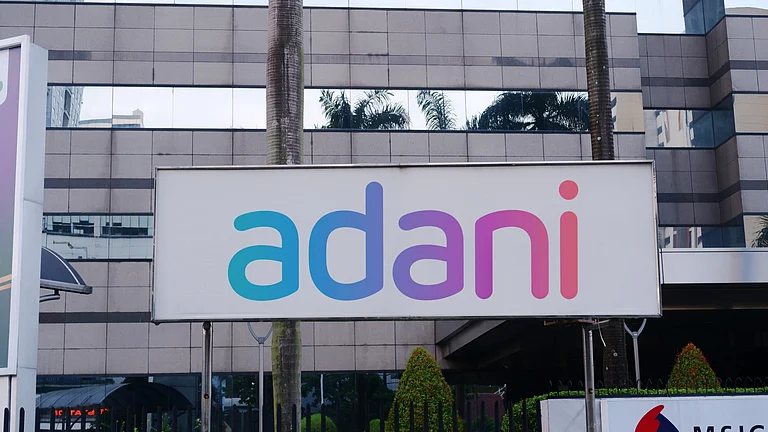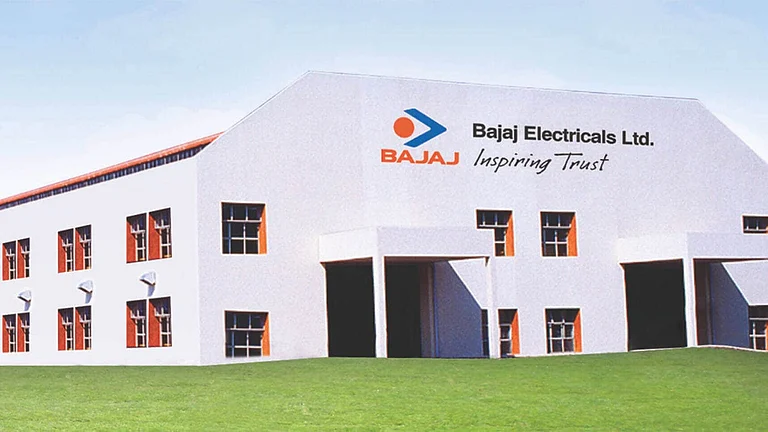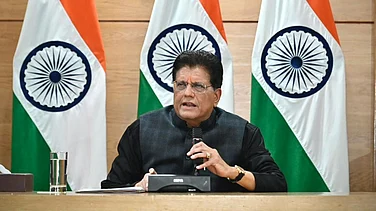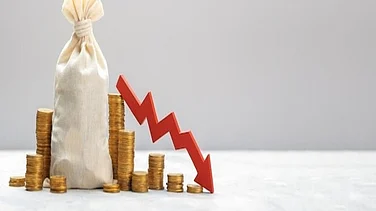India and the European Union (EU) finally restarted the negotiations for the long-pending trade and investment agreement on Friday after a gap of over eight years.
The negotiations took place in Brussels, over a year after India and the EU announced to resume the talks for a balanced and comprehensive trade pact.
"Minister (Piyush) Goyal and I have just concluded a productive meeting. Today we formally resume EU-India negotiations towards a free trade agreement, and begin negotiations on an investment protection agreement and an agreement on geographical indications," EU trade commissioner Valdis Dombrovskis said.
In a statement, he described the EU's partnership with India as "one of the most important relationships" for the 27-nation bloc for the upcoming decade.
Dombrovskis said the next round of negotiations on the FTA will take place from June 27 to July 1 in New Delhi.
"We are pursuing an ambitious timeline, and we aim to conclude the talks by the end of 2023. These far-reaching negotiations on trade, investment protection and geographical indications open a new and exciting chapter in EU-India relations," the EU trade commissioner said.
"Together, we aim not only to boost economic growth and job creation, but also promote our shared values, work to protect the climate, and secure our supply chains," he added.
Dombrovskis said the "ultimate goal" is to maximise the considerable, yet largely untapped trade and investment potential between the EU and India.
"We are already major trading partners, with annual trade of 120 billion Euro. The EU is India's third-largest trade partner, accounting for almost 11 per cent of Indian trade in 2021," he said.
India is the EU's 10th most important trading partner, accounting for over two per cent of EU trade in 2021.
"Liberalising trade and investment will thus generate significant opportunities for growth, also in areas going beyond trade in goods, notably services and digital trade, intellectual property and public procurement," Dombrovskis said.
"As with all EU trade agreements, the future arrangement would include ambitious and enforceable provisions on trade and sustainable development," he said.
The EU trade commissioner said the investment protection agreement should significantly increase investor confidence on both sides and expressed his confidence that it will lead to increases in foreign direct investment in both directions.
"This increased investment is also important for employment. Existing investments between us already contribute to over 1.3 million (13 lakh) jobs, and there is good scope for building on this foundation," he said.
Dombrovskis said the EU and India also share a similar approach when it comes to protecting geographical indications.
"So, the Geographical Indications Agreement, once concluded, will support rural communities and help preserve the cultural and culinary heritage of both sides," he said.
"We believe these negotiations will open new ways to deepening our Strategic Partnership, helping to secure our joint prosperity, and promote our shared values," he said.
In April, EU Ambassador to India Ugo Astuto had said India and the EU are eyeing to firm up the comprehensive trade and investment pact before the commencement of the electoral cycles on both sides in 2024.
The negotiations for the ambitious free-trade agreement were suspended in 2013 after several rounds of talks spanning six years.
Launched in June 2007, the negotiations for the proposed agreement have witnessed many hurdles as both sides had major differences on crucial issues.
The talks were stalled after the two sides failed to iron out the differences related to tariffs on certain goods and the movement of professionals.
Besides demanding significant duty cuts in automobiles, the EU wanted a tax reduction in wine, spirits and dairy products, and a strong intellectual property regime.


























.jpg?w=200&auto=format%2Ccompress&fit=max)




